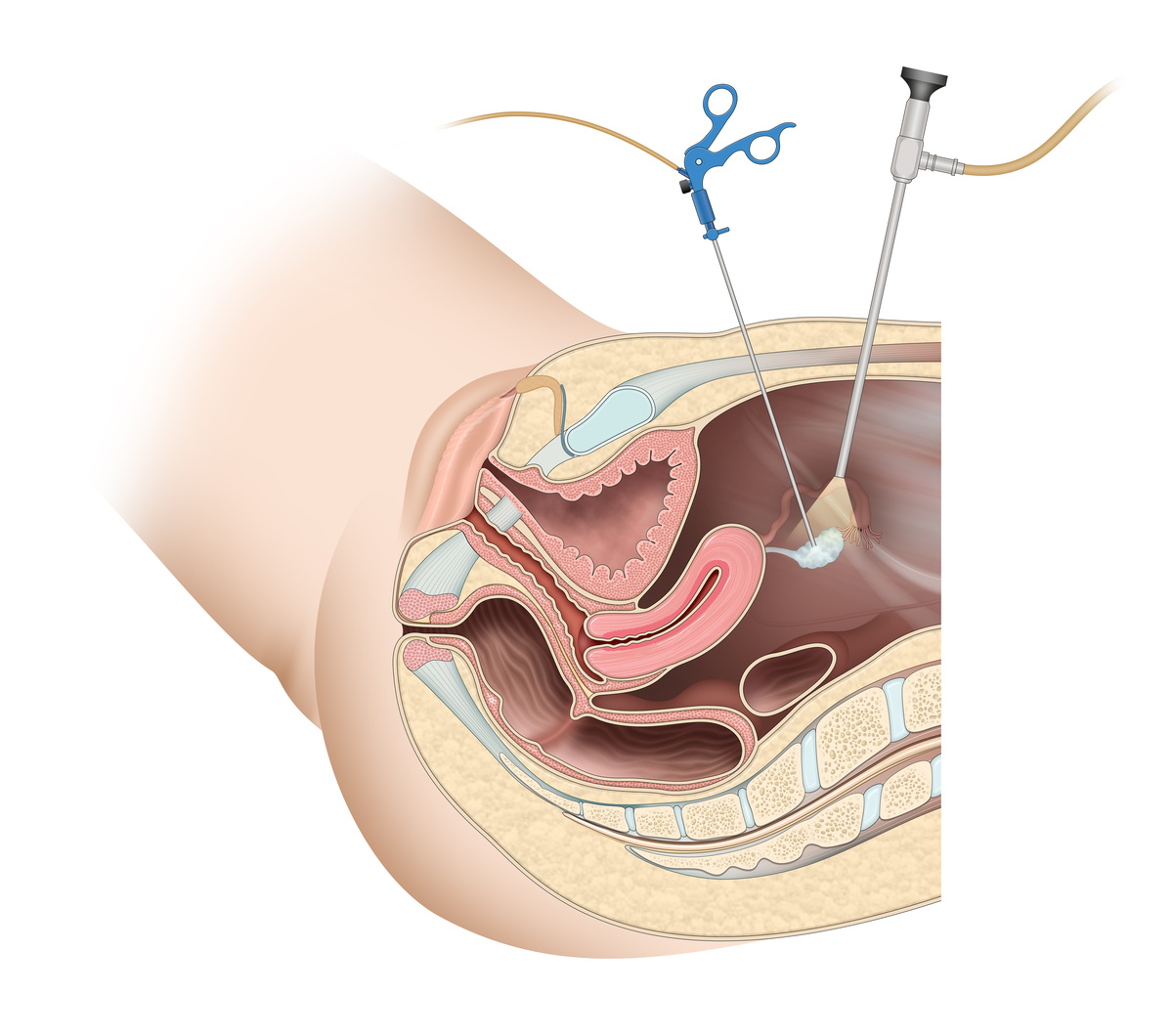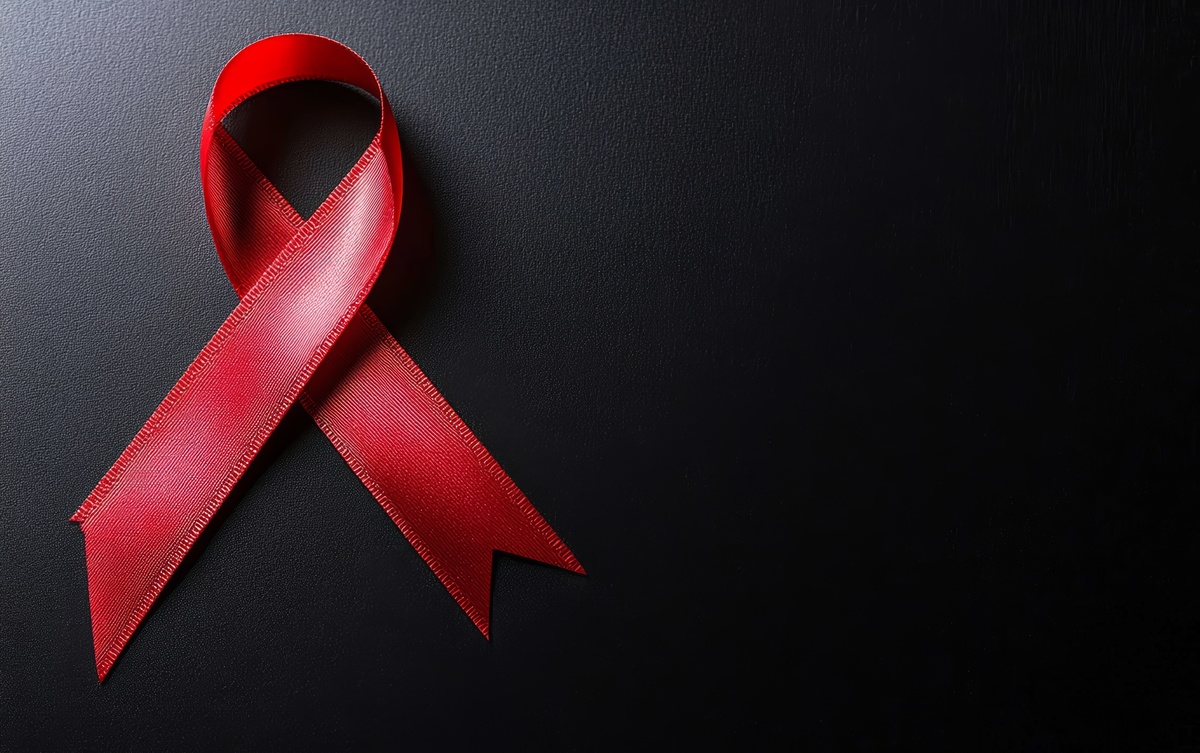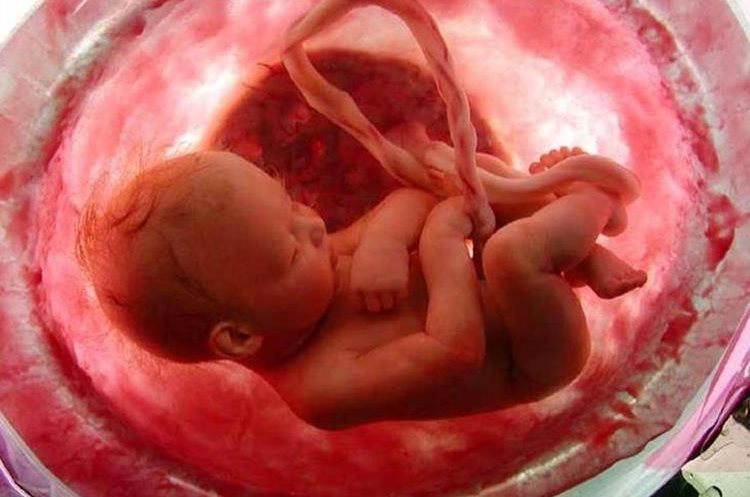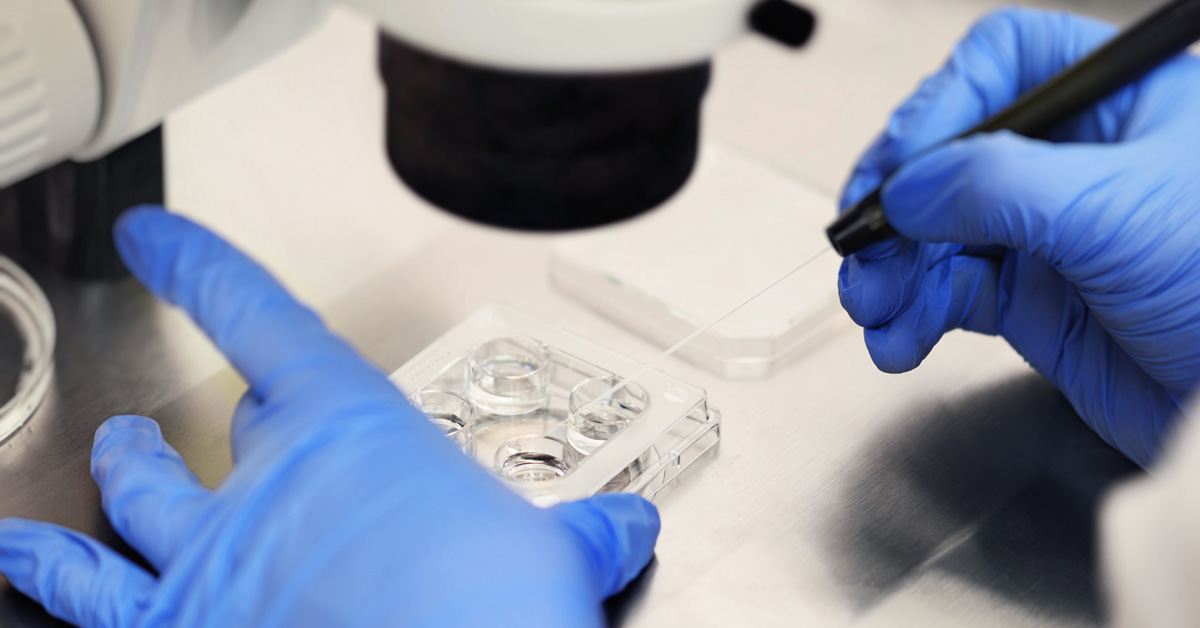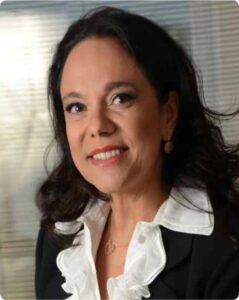IVF: What Is It, and When Does It Occur?
During in vitro fertilization (IVF), ovarian stimulation is one of the phases of stimulating follicular growth and increasing the production of eggs that will be used to form embryos.
In some cases, medications can cause a type of complication known as ovarian hyperstimulation syndrome (OHSS)—an excessive reaction of the woman’s body to the hormones injected during treatment.
OHSS can be mild, moderate or severe. However, with adequate monitoring and identification of risk factors, it is possible to avoid them. For this reason, women who undergo IVF must obtain all the necessary information and understand what this syndrome is and what the symptoms are.
With the most modern protocols, ovarian hyperstimulation syndrome is entirely preventable. It all starts with identifying risk factors in the first consultations before starting ovarian stimulation for IVF.
The main risk factors are:
- Women under 35 years of age;
- Antral follicle count more significant than 14;
- Polycystic Ovary Syndrome (PCOS);
- History of previous ovarian hyperstimulation syndrome;
- Low body mass index (BMI corresponding to less than 20 kg/m2);
- High levels of anti-Mullerian hormone;
- Some clinical conditions include kidney, liver, and cardiovascular diseases.
When identifying risk factors, the standard protocol used to avoid OHSS is the final maturation of eggs with a GnRH agonist, freezing of embryos, and embryo transfer in a later cycle.
The use of hCG (chorionic gonadotropin) in high-risk cases dramatically increases the chances of ovarian hyperstimulation syndrome. hCG acts in the body and takes around seven days to clear from the body. This causes estrogen levels to improve significantly, triggering hyperstimulation syndrome.
The most common symptoms of OHSS are:
- Abdominal swelling;
- Pelvic discomfort or pain;
- Rapid weight gain;
- Nausea and vomiting;
- Thrombosis;
- Shortness of breath.
- Increase in the size of the ovaries;
- Distension and discomfort in the abdomen;
- Accumulation of fluid in the abdomen and sometimes in the lungs.
During ovarian stimulation performed before in vitro fertilization, artificial insemination, or scheduled coitus, OHSS can last about 7 to 10 days. However, in cases where ovarian hyperstimulation syndrome is due to pregnancy, symptoms may persist for longer.
How to treat ovarian hyperstimulation syndrome?
Ovarian hyperstimulation syndrome (OHSS) is a complication that can be serious. Therefore, it is necessary to avoid the problem through various preventive measures.
However, once OHSS is confirmed, treatment consists of minimizing symptoms and preventing possible complications that may vary depending on the degree of the disease.
Light form
In these cases, symptoms can be treated with analgesics, antiemetic medication (for nausea and vomiting), and medication that helps gastrointestinal function. The patient must stay hydrated, drink at least 2 liters of water daily, and have a high-protein diet. Rest, including sexual rest, is recommended.
Moderate form
In moderate OHSS, more effective outpatient monitoring is essential, including weight control, ultrasound evaluation, and tests such as blood count and assessment of renal function and electrolytes. Depending on the case, aspirating the patient’s abdominal fluid may be necessary.
In the case of pregnant women, care is even more intense. Pregnant women have a constant increase in hCG levels, which increases the risks.
Severe form
In severe cases, hospitalization is indicated. Thus, possible complications are treated by correcting hyperkalemia, using vasoactive drugs when renal failure occurs, and therapeutic anticoagulation in cases of thrombosis. In addition, care with hydration and laboratory monitoring must be frequent.
In the severe form, the ovary is usually much more significant than usual, presenting a risk of adnexal torsion.
The Chedid Grieco Laboratory – Reproductive Medicine is available to help couples realize their dream of motherhood and fatherhood safely and responsibly. Schedule a consultation with one of our experts!



